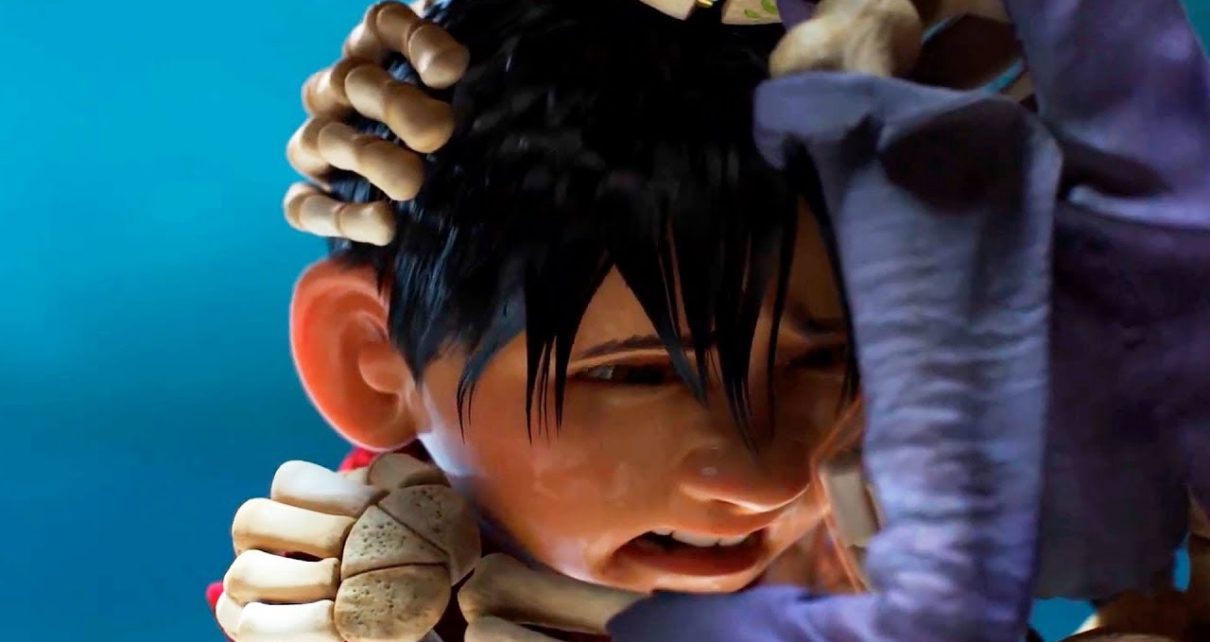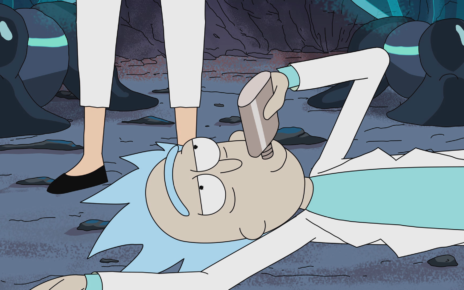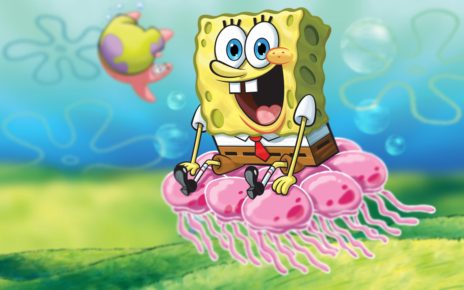A couple of months ago, I was flying back to New York from a business trip in Las Vegas which, I swear, is a real thing I did and not a euphemism in any way. I flew back at some ungodly hour in the morning, and had slept very little the night before—I promise, it was a business trip!—and as such had only so much energy to spend on entertaining myself on the five-hour flight back. So I did what any good cartoon-obsessed consumer would do and found the animated films section on the in-flight entertainment system. There, I found Coco, a movie I was vaguely grouchy about, mostly because it was one more Pixar computer-animated film to beat a stupendously beautiful independent film—in this case, the stunning hand-painted Loving Vincent—out for the Oscar in 2017. I watched it anyway, and spent the movie’s last half-hour sobbing and snotting all over myself while apologizing to my poor seat-mates for the scene.
Coco is now on Netflix, as basically every site on the internet that cares about what’s on Netflix has probably told you by now. You should watch it. You should watch it in particular not just because it is good (and it is good), and not just because it is moving (and oh, is it moving), and not just because it provides an extended look at the culture of the United States’s unjustly maligned yet vastly globally important and culturally rewarding southern neighbor, Mexico, but because it is a movie dedicated to reminding us of history. Coco takes place on Día de Muertos, and it is all about knowing, caring about, and remembering your family and those who came before you. On a personal level, that’s powerful stuff. But on a societal level, it’s even more vital.
We live in a time when history is easy to forget. Holocaust deniers are becoming more and more common on Twitter, for instance, while nationalist movements pop up all across the West—as if those running to protect the “sanctity” of their countries’ borders and cultures have forgotten the last time Europe got up in arms about racial purity. Coco does not address any of these things, although it does shine a lovely bit of light on Mexican culture, a light more Americans could certainly use some exposure to. It does, however, make abundantly clear that knowing the past, both public and private—who one’s ancestors were, what they were like, who they helped or hurt, what causes they supported, what they lived through, how they survived it, how the world changed when they were as alive as we are now—is a vital part of living as a human being. It also makes clear that we can’t just think of ourselves. We need to look at a bigger picture.
The good news is, all you need in order to glimpse this bigger picture is to watch this motion picture. Did we mention it’s on Netflix?
Thanks for reading The Dot and Line, where we talk about animation of all kinds. Don’t forget to for this article and follow us on Twitter and Facebook.





